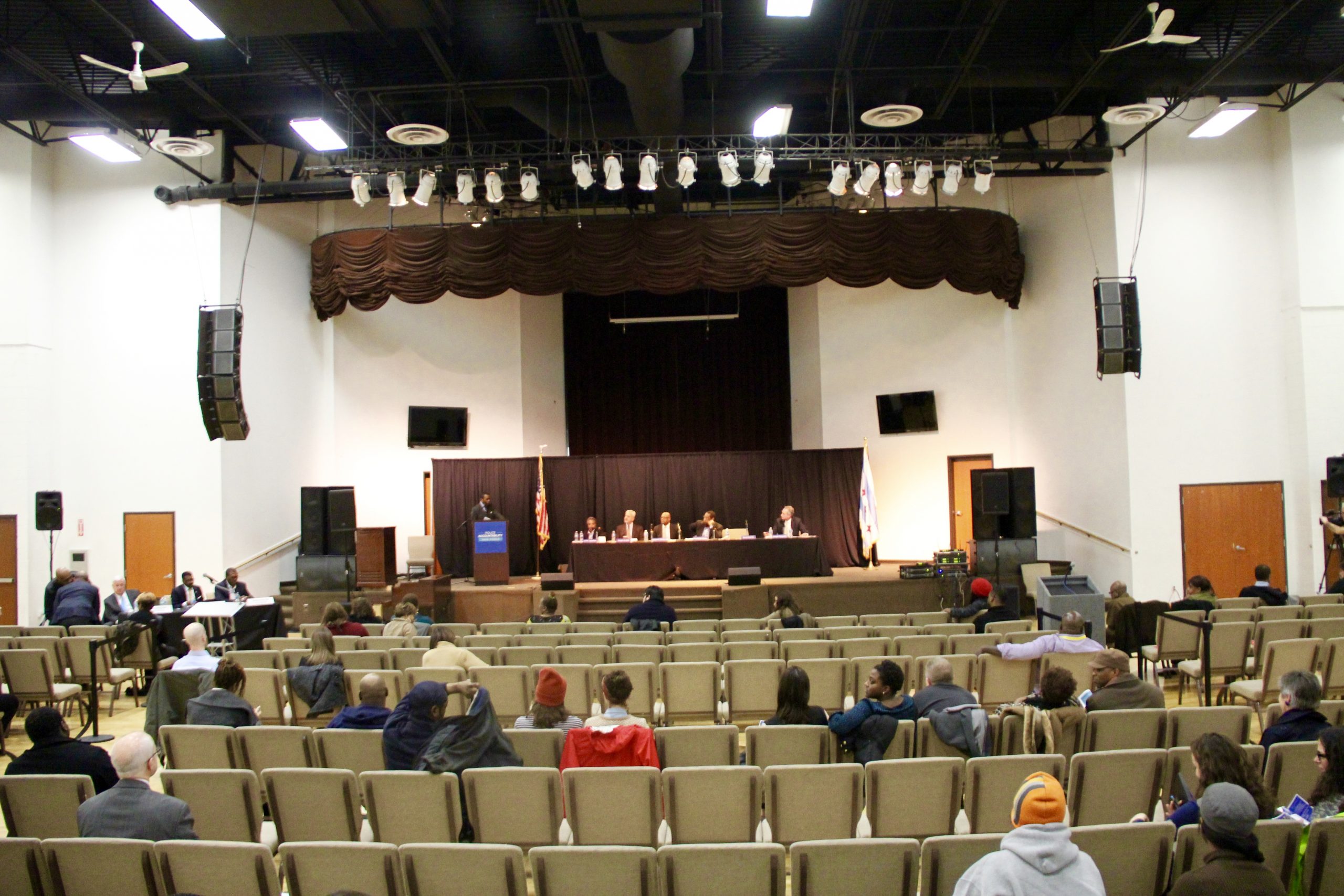
Recent police violence and related protests have led to calls to reestablish and strengthen trust between police and communities. In response, the New York Police Department (NYPD) holds quarterly police-community listening meetings to discuss issues ranging from junked cars to shootings of people with mental illness.
Cheng collected ethnographic data from 40 of these community-police meetings across nine communities in New York and conducted 58 interviews with meeting attendees. He found that three issues prevent these meetings from successfully increasing police-community trust and communication: 1) ignoring “rabble rousing” topics such as police brutality and focusing on easily resolvable problems, 2) the snubing of first-time attendees from actively participating, and 3) the use of police-friendly venues.
During these meetings, attendees sometimes raised concerns about police violence towards community members. When these conversations arose, police redirected comments and shifted dialogue towards directly resolvable problems, such as parking. Following meetings, tweets and reports written by officers further omitted complaints about police violence and framed the events in a favorable light. For example, instead of recording discussion about the police’s failure to respond to gang activity in a timely manner, police officially reported “Trespassing/Narcotics–Late Nights” in a housing development as the topic of discussion – favorably curating the original complaint.
In his observations of the dialogue between police and attendees, Cheng also noted the presence of pro-police “regulars” frequently attending meetings and vocally dismissing first-time attendees. For example, when a first time attendee expressed their intent to create a non-profit to help youth find employment and reduce crime, “regulars” dismissed this non-law enforcement solution and declared that youths in question “don’t want help”.
The location of the meetings also favored the NYPD. Churches, schools, and housing complexes were selected for their convenience and capacity – but these venues hold pre-existing connections with law enforcement. Officers frequently serve in roles such as security for weekend religious gatherings and school resource officers in schools. By using these venues the NYPD inadvertently stacked attendance with police-friendly community members. For example, one pastor had bible-study members attend and following an opening prayer to begin the meeting then commented, “the way to stomp [drug dealing] is to foster that relationship between the police. We’re not just to see the police as the enemy, but we see the police as our ally”.
This research shows how intentional and impartial organization is necessary to create a space where people can effectively share constructive criticism of the police. In order to meaningfully change responses to police complaints, organizers must better balance institutional control over these types of meetings and actually provide space for community members’ criticism.
Comments